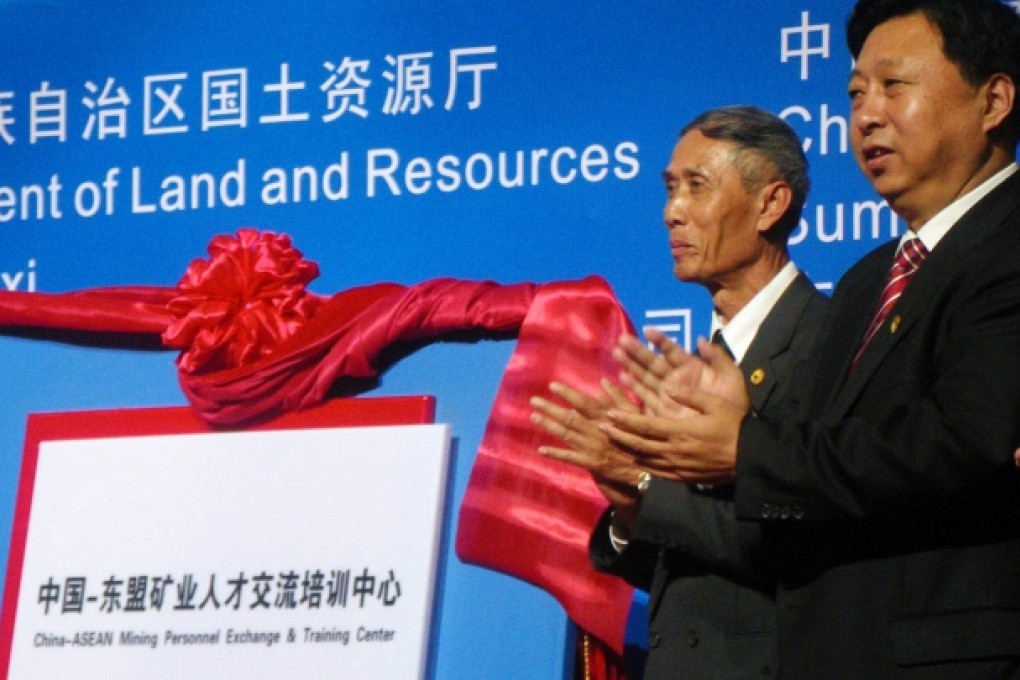Laos looks to Beijing for minerals help
Country needs aid and assistance in surveying its mineral wealth as it struggles with finding the resources to regulate its mining industry

Laos is seeking Beijing's help to conduct detailed surveys of its mineral wealth, to help bolster the country's ability to regulate its mining industry, currently rife with firms looking for short-term trading gains.

Many of the companies are trading and investment firms, which are sitting on their exploration licences waiting for their projects to be bought out by others at a premium.
"Most of these firms have done a poor job in delivering their promises, while some have caused environmental damage and affected the livelihood of our communities," Rasasombath said.
Some firms have managed to extend the validity of their exploration licences to more than 10 years, although they are supposedly not extendable after six years, as Vientiane has taken an accommodative attitude in the past to encourage more investments.
The existence of a large number of unexploded cluster bombs in Laos, dropped by the United States during the Vietnam war, means investors have to spend money to clear them before mining.